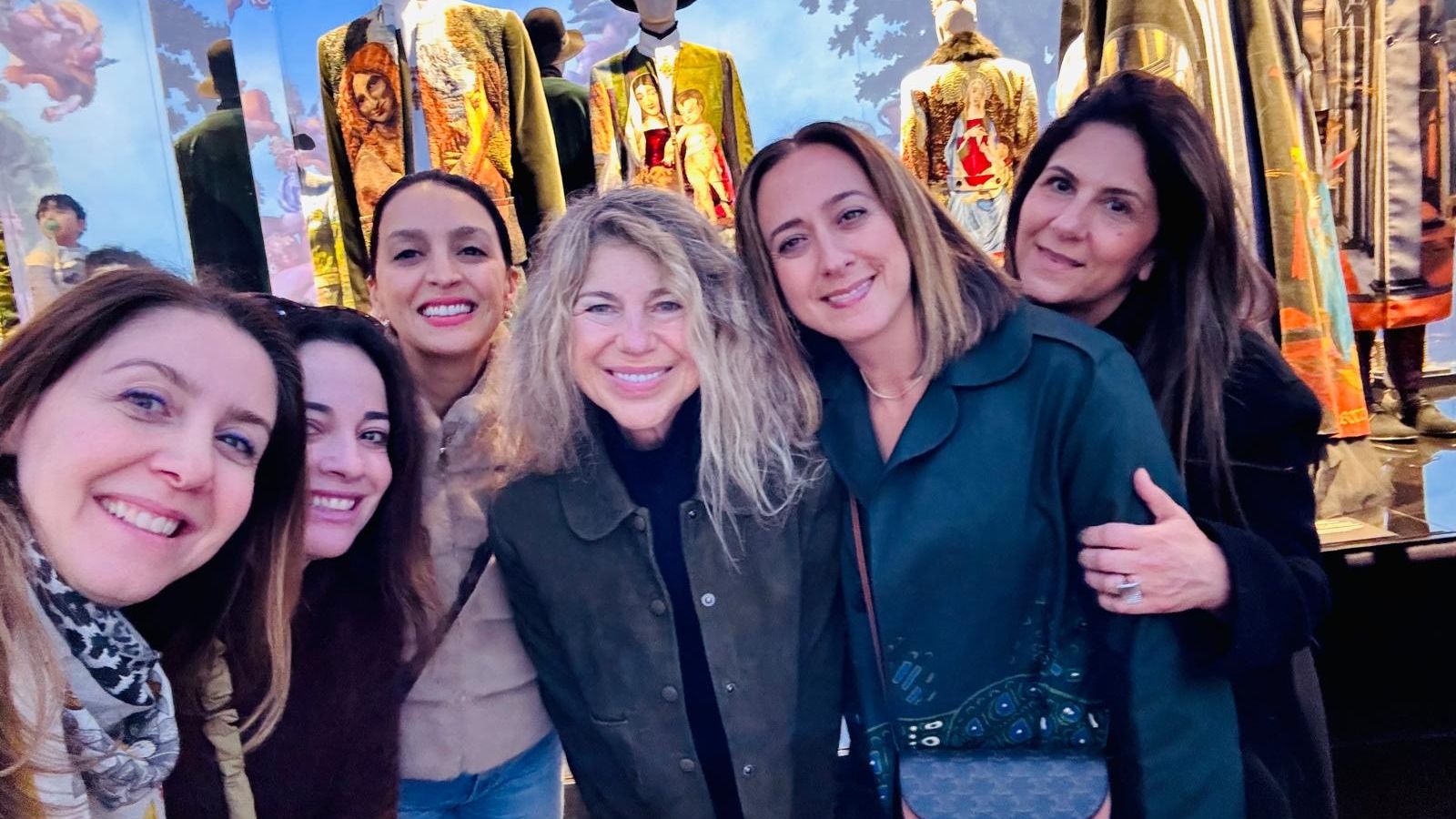You're Not Confused

“Wait, I’m confused…..”
How often have you started a potentially difficult conversation by feigning confusion? It was certainly my default response when I was actually angry and hurt but didn’t have the language to express myself without fear of blowing up the conversation or the relationship. It was also a strategy for buying time in the hopes that I would calm down enough to sweep the whole event, including my negative feelings, under my very full carpet. When we regularly replace the expression of our unwelcome or distressing feelings by feigning confusion, we slowly turn into an emotional version of the boy who cried wolf. No one, including ourselves, will believe us when we are genuinely confused.
I’m in the business of words; relationships and words. I can’t help my clients if I don’t cultivate a deep, intimate and trusting relationship with them. I’m also completely obsessive about words because they are the currency of the work of Transformational Coaching. Using the exact right words to describe my clients’ emotional state will support them in expressing themselves effectively and productively in the difficult conversations that await them when they return to their everyday lives. So many of us were taught to read Homer and Shakespeare but were left ignorant in the skills of exploring, understanding and naming our interior world of emotions.
I work with brilliant folks with PHD’s and enviable professional titles. By design, my clients are smarter and more successful than I. They can speak intelligently, calmly and persuasively about most subjects; as long as it’s outside of themselves. Historically, we’ve been gifted with remarkable philosophers and religious figures that have been deliberate and public in their dedication to exploring the human interior space. But as a whole, our rich and complex interior landscape has always taken a back seat to that which can be understood and conquered in the outer world. For every stoic there are a hundred emperors and warriors filling our textbooks.
We would just as soon volunteer to go to space than explore what lies deep within ourselves.
Any authentic, intimate and committed relationship has the power to transform our lives and one significant path to this transformation is the measure of our willingness to expand, finetune, and express our emotional vocabulary. So many of us become adults without the most basic knowledge of what it is that we are feeling other than a superficial sense and basic accounting of those emotions as good or bad. We know when we are feeling bad, but are unable to name the emotion. Do we feel discouraged, disappointed or empty? When we feel good, are we feeling hopeful, satisfied or excited? There are worlds behind each emotion and identifying them skillfully opens the door to possibilities we did not know existed.
Sometimes we really don’t know what a certain emotion feels like. We understand it on an intellectual level, but not in an embodied way. Looking in the sober light of my life’s rear view mirror, I admit that until recently, I did not truly understand grief (https://www.carolynmahboubi.com/blog?tag=grief). Be warned that the prerequisite of this practice is developing the courage - over time - to be with any emotion. Most of us did not learn this skill and attempting it in our forties, fifties and above takes extraordinary dedication and an overwhelming desire to live the second half of life from a more authentic and honest center.
My young adult clients take less time and effort to become comfortable with being with their feelings - in truth, being with themselves. They need a roadmap, like the rest of us, but they have less resistance and quickly gain the rich and nuanced vocabulary necessary to navigate internal and external conversations with skill and confidence.
Here’s 3 ways we can change life for the better when we commit to naming our emotions appropriately, with deep understanding and integrity:
- We offer ourselves and others the precious gift of clarity. Lack of clarity is the one state of mind that causes so much suffering in our day to day lives. When we do not understand how we really feel, we reach out to everything and everyone outside of ourselves and bypass our own unique wisdom that is, almost always, sitting quietly inside us waiting to be tapped.
- We are less afraid of having difficult conversations. Often, all we need in order to enter a conversation that’s making us anxious is confidence in our ability to express how we feel. A rich emotional vocabulary feels like being well supplied, safe and secure in the face of challenges. Difficult conversation, like undesirable weather, will never disappear entirely, but the expression, “there’s no bad weather, just bad gear” applies just as well to conversations and words. Gear up because there is always somewhere in the world, and in our lives where “Winter is coming!”
- We become master negotiators. To have the ability to acknowledge and appreciate our own emotions makes it exponentially easier to do the same for others. There’s a world of difference in starting a sentence with, “I can see how what I said is making you feel frustrated and misunderstood….” as opposed to, “Wait, I’m confused…..” To be a satisfied human is to learn the art of connecting. To be a very successful human is to cultivate the ability to negotiate every twist and turn of life skillfully.
There are so many other reasons for cultivating our awareness, recognition, and ability to name our feelings, but the above three are sufficiently life changing for most of us. There is a place and time for feeling confused. Writing last week’s blog about my own challenges with body image and food (https://www.carolynmahboubi.com/blog/body-purpose), helped me realize that I actually have been confused for decades about the purpose of my body. Confusion is meant to be a temporary state and a red flag to nudge us toward creating clarity. My confusion was kept alive, entirely by me, in order to not experience other difficult emotions, like regret, shame and embarrassment.
Is there an area in your life where you are unconsciously cultivating confusion in order to not feel the emotions that lie beneath? I don’t judge myself or others for resting in this place of ambiguity because it’s scary to face feelings we don’t know what to do with. But if you are reading this blog, I know that you are someone who already has a deep understanding of the cost of this way of living and may be fed up with it.
If you want to make a change and are actually confused about where to begin, I have a “Feelings List” that I am happy to share if you reach out through my website.







